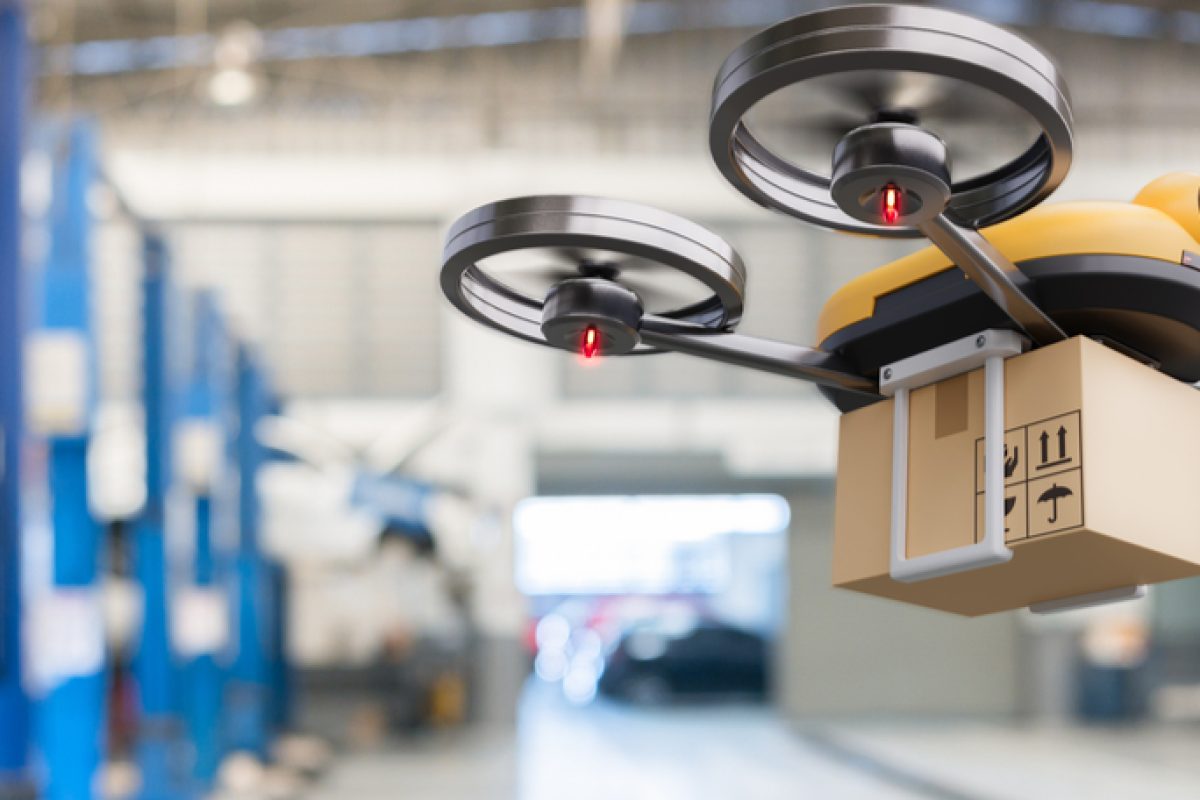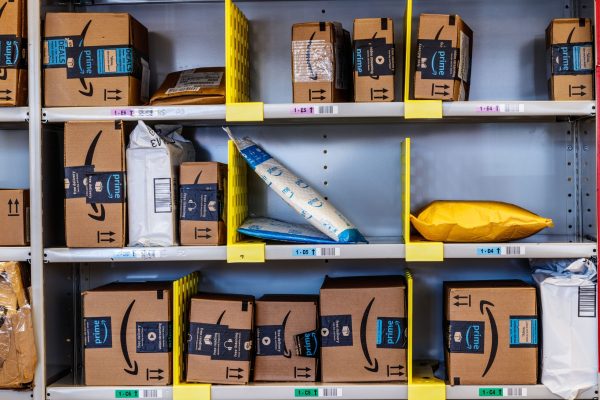The Covid-19 pandemic and the subsequent periods of national lockdown saw a significant change in consumer habits. As high street retailers shut their doors, individuals turned to the internet to access their goods, accelerating a shift from traditional shopping practices to e-commerce which had been evolving for years prior to the pandemic.
The rise of Q-commerce
The pandemic also saw the emergence of Q-commerce, or quick commerce; a partnership between e-commerce platforms and last-mile delivery services. Online enterprises such as Amazon capitalised on this at the height of the pandemic, tripling their profits and quashing their competitors who struggled to keep up with the demands of their customers. Europe is already benefitting from the services of thirty Q-commerce companies, half of whom were founded in 2020 after the arrival of the virus.
Even amongst non-E-and-Q-commerce brands, the general expectation for immediacy amongst consumers has put pressure on businesses to adapt to meet the surging demand. With numerous large online retailers offering rapid delivery services at competitive prices, companies are being presented with new obstacles to overcome; they must ensure adequate stock levels based on local demographics without incurring unnecessary waste.
Many last-mile delivery services are already under strain and as a consequence are incrementally charging for the luxury of convenience. Investing in innovative, digital technologies to streamline and optimise supply chain and logistics processes are imperative in order to thrive in this fast-growing, competitive marketplace.
Digital transformation within supply chain planning
For many E-and-Q-commerce businesses, the influx in demand far outweighs their man power. Instating automation at all junctures within the supply chain is the key to staying head; it fosters productivity and precision, thereby offering businesses valuable, much sought-after time to concentrate their efforts on other areas which could bolster their profitability and long-term viability.
Implementing integrated, autonomous forecasting and stock replenishment to ensure inventory optimisation is just one example of how automation can benefit businesses in this sector. However, automation can be applied to many different areas from order creation right through to packing configurations – and doing so provides a cost and time effective solution to the mounting problem rapid delivery services and Q-commerce services are encountering.
Route optimisation
Crowdsourced logistics solutions are gaining popularity amongst retailers hoping to benefit from the minimal costs incurred by hiring non-professional couriers, but amongst E-commerce businesses this often creates more work.
Last mile delivery may appear to the end user as any other delivery service does, but it heavily relies on data-influenced optimisation. Q-commerce businesses or those companies offering rapid delivery should continually be looking to improve their delivery services by considering their location, traffic flow and movement, capacity and capability, and the availability of their couriers.
Approaching each of these problems individually can be time consuming, but digital optimisation solves this problem by making quick adjustments to routes and allocating orders to couriers accordingly to maximise delivery potential.
How Sprint Logistics can drive your business into the future
At Sprint Logistics, we are well-equipped for the future – in fact, we’re already ahead of our competitors, ensuring swift, resourceful and reliable delivery in line with the fast-paced growth of the E-and-Q-commerce sector. Informed by our team of logistics experts, our service is constantly evolving to incorporate new, innovative ways to diminish problems across the supply chain, whilst still allowing our clients to have control over their e-commerce infrastructure.
Our experts are available to offer tailored advice to meet your supply chain needs and to offer logistics support. Get in touch to learn more about how we can prepare your business for the future.




